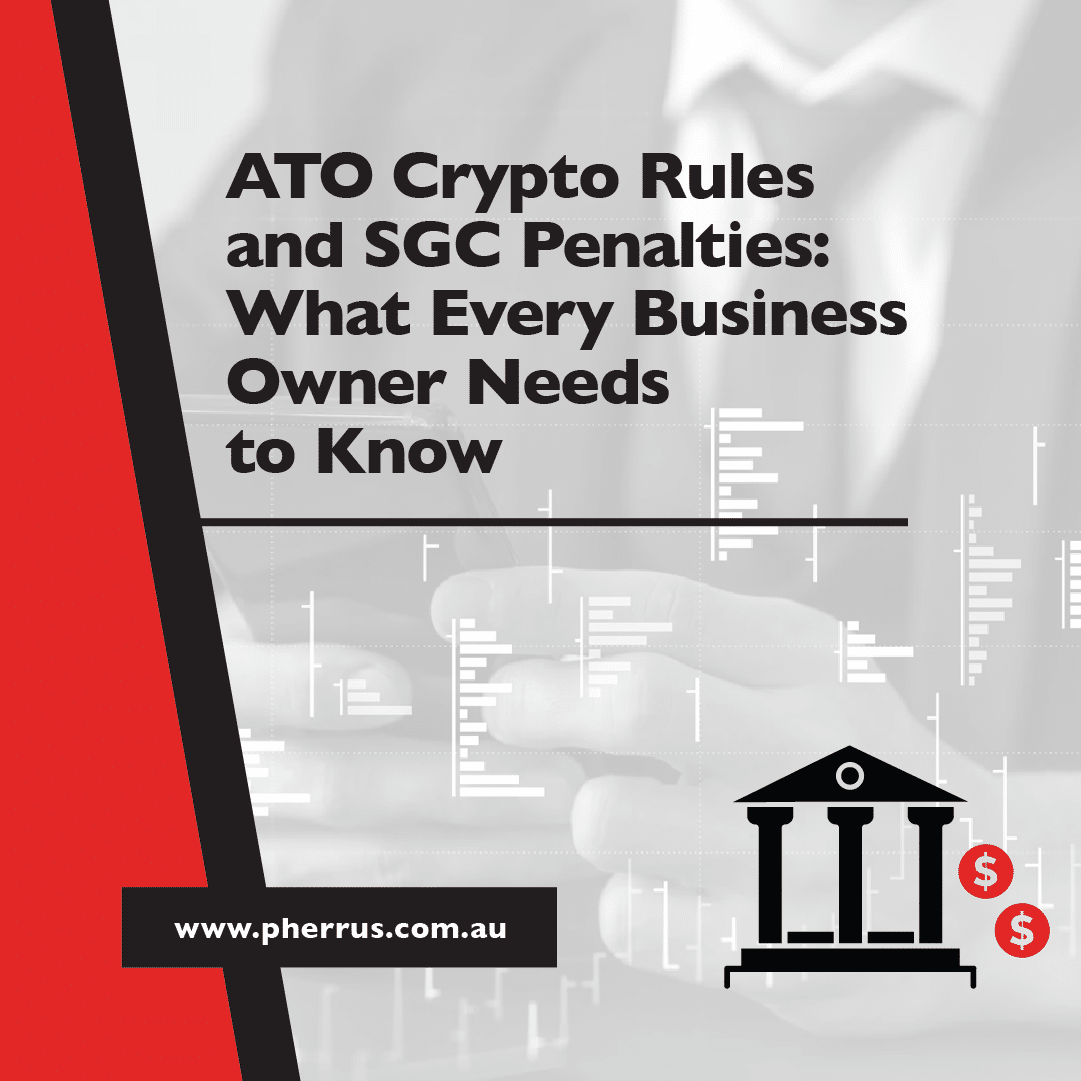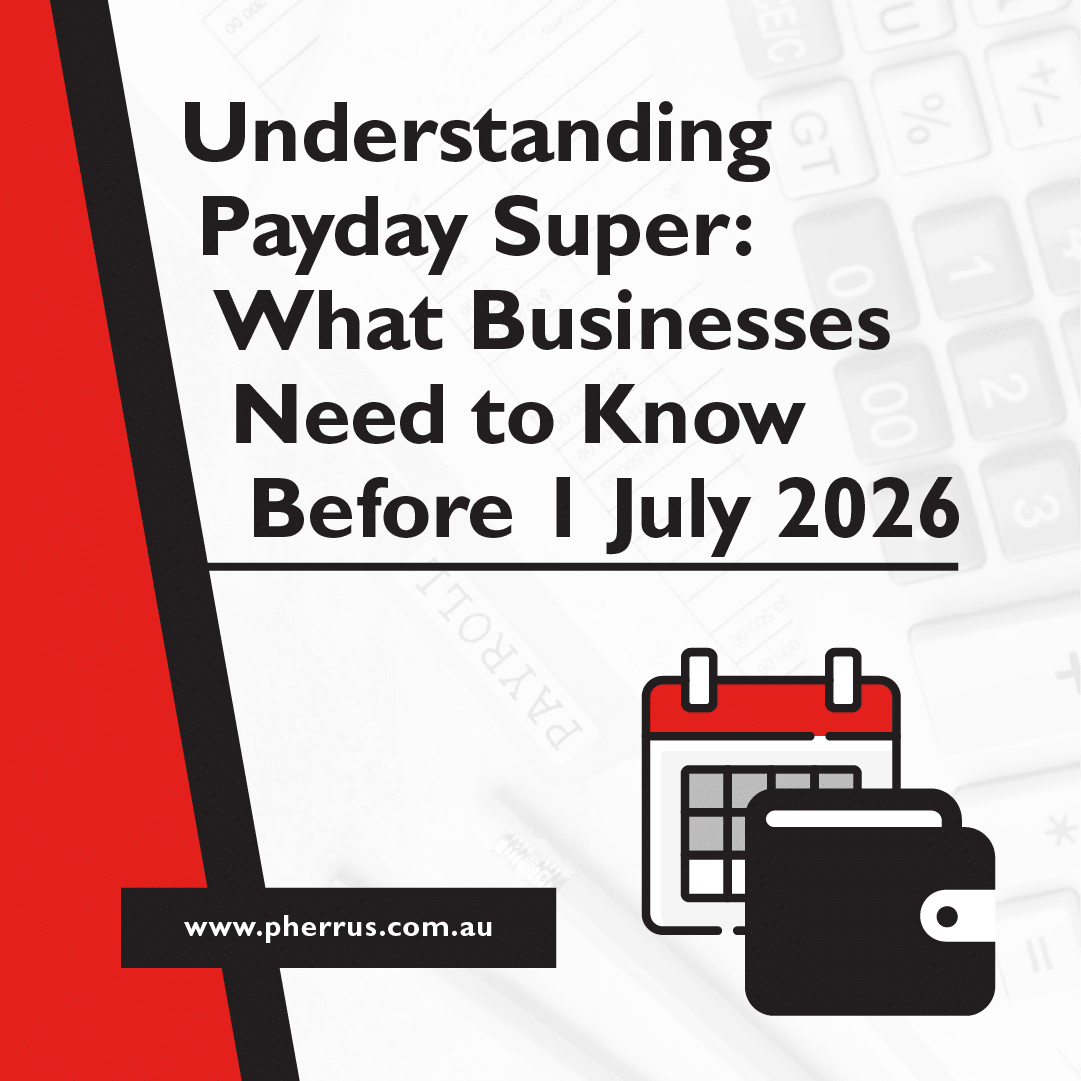When it comes to managing your tax and superannuation obligations, two areas that often cause confusion are the rules that the ATO have set for cryptocurrency and Superannuation Guarantee Charge (SGC) penalties.
Both can have serious financial consequences if misunderstood, so it’s important to be clear on how the Australian Taxation Office (ATO) treats cryptocurrency, and what happens if you fall behind on your superannuation guarantee (SG) obligations.
Regulatory changes or significant market movements can also open the door to new legal or financial opportunities or challenges for crypto investors and taxpayers.
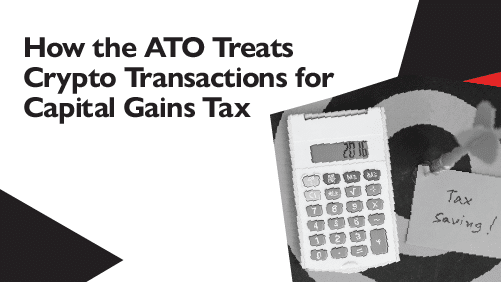
How the ATO Treats Crypto Transactions for Capital Gains Tax
The ATO views cryptocurrency as an asset, which means many transactions trigger a Capital Gains Tax (CGT) event.
Disposing of a crypto asset is what causes this event, and disposal can occur in several different ways:
- Selling a crypto asset
- Gifting it to another person
- Exchanging one crypto for another
- Converting crypto into fiat currency (e.g. AUD or USD)
- Using crypto to purchase goods or services
If you’re holding crypto as part of your business operations, different rules may apply compared to private investors. That’s why it’s essential to keep accurate records of every transaction.
For valuation purposes, the market value of the crypto asset must be converted into Australian dollars. You can use the Reserve Bank of Australia’s exchange rates as a reliable source.
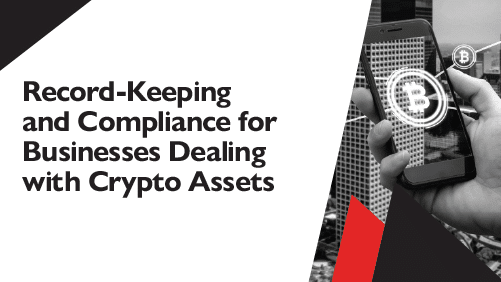
Record-Keeping and Compliance for Businesses Dealing with Crypto Assets
For businesses that trade, invest in, or accept crypto assets, maintaining thorough and accurate records is a non-negotiable part of tax compliance.
The ATO requires businesses to keep detailed records of every crypto transaction, including the date, time, amount, and the value of the crypto asset in Australian dollars at the time of each transaction.
This level of record-keeping is essential for accurate reporting of CGT, capital losses, and other tax obligations related to crypto.

Understanding SGC Penalties
Separate from crypto tax, businesses must also meet their Superannuation Guarantee (SG) obligations.
If you fail to pay employee super on time, you may become liable for the SGC and additional penalties.
Key Penalties Include:
- Part 7 Penalty: Up to 200% of the SGC if you lodge statements late or fail to provide information during an audit.
- False or Misleading Statement: An administrative penalty of up to 75% of the shortfall.
- Choice Shortfall Penalty: Applies if you don’t provide employees with a Superannuation Standard Choice Form, pay into the wrong fund, or charge fees for implementing their choice.
Director Penalties
Company directors are personally liable if SG contributions are not paid on time. Once the ATO issues a Director Penalty Notice (DPN), directors have 21 days to act.
Options include paying the debt, appointing an administrator, or beginning the winding‑up process. If the SGC is reported late, the only way to remit the penalty is to pay in full.
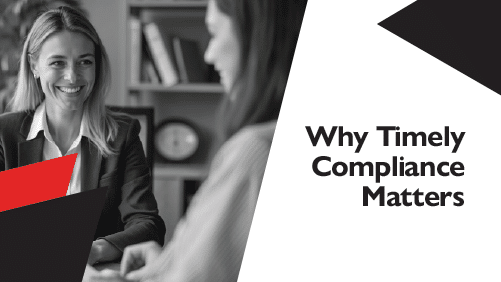
Why Timely Compliance Matters
Superannuation Guarantee payments are due 28 days after each quarter ends. SGC statements are due one calendar month after the SG due date.
Missing these deadlines exposes your business to heavy penalties, personal liability for directors, and potential legal recovery action.
For superannuation, prompt reporting and payment can help you avoid escalating penalties.
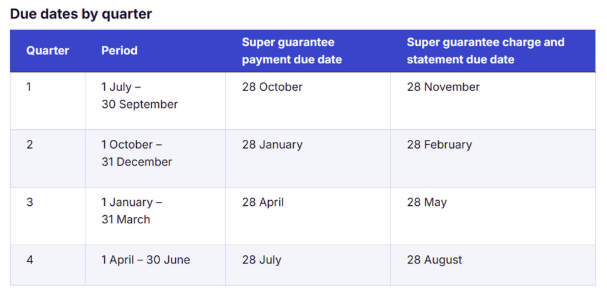
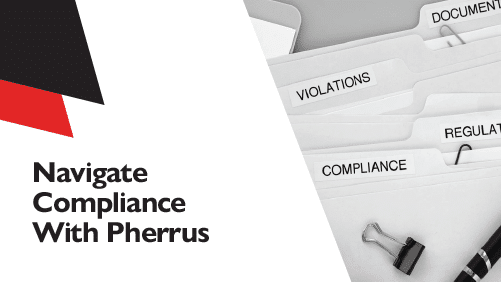
Navigate Compliance With Pherrus
Both ATO crypto compliance and SGC rules are complex, but getting them wrong is costly.
At Pherrus, we specialise in helping businesses and individuals stay compliant, reduce risks, and plan smarter tax strategies.
Whether you’re navigating crypto transactions or managing your super obligations, professional advice can save you significant time, stress, and money.
Contact Pherrus today to ensure your business stays on top of ATO crypto requirements and avoids unnecessary SGC penalties.

FAQs
Does the ATO treat Crypto as Money?
For tax purposes, the Australian Taxation Office (ATO) treats cryptocurrency as an asset, not as money, shares, or foreign currency.
This means that transactions involving crypto assets regardless if you’re buying, selling, exchanging, or using them for goods and services, are subject to the same tax treatment as other assets.
The way you acquire, hold, and dispose of a crypto asset will determine your income tax and capital gains tax (CGT) obligations.
Do I Need to Report a Crypto Asset to the ATO After I Dispose of the Asset?
When you dispose of a crypto asset, you must report any capital gains or losses in your tax return and it’s important to include all relevant expenses.
What is the ATO’s Crypto Asset Data Matching Program?
The ATO’s crypto asset data matching program plays a crucial role in compliance, comparing tax return data with information from digital currency exchanges and other service providers.
This program helps identify taxpayers who may not be fully reporting their crypto-related income or capital gains and those who fail to take reasonable care may face administrative penalties based on their behavior and circumstances at the time of lodging their return.
Is Bitcoin Legally Considered as Money?
The legal landscape for crypto assets in Australia is also evolving.
A recent Victorian court case has raised questions about whether bitcoin should be classified as property or money, which could have significant implications for capital gains tax and potential refunds.
If bitcoin is ultimately considered money, it may become exempt from CGT, potentially resulting in substantial refunds for affected taxpayers.

